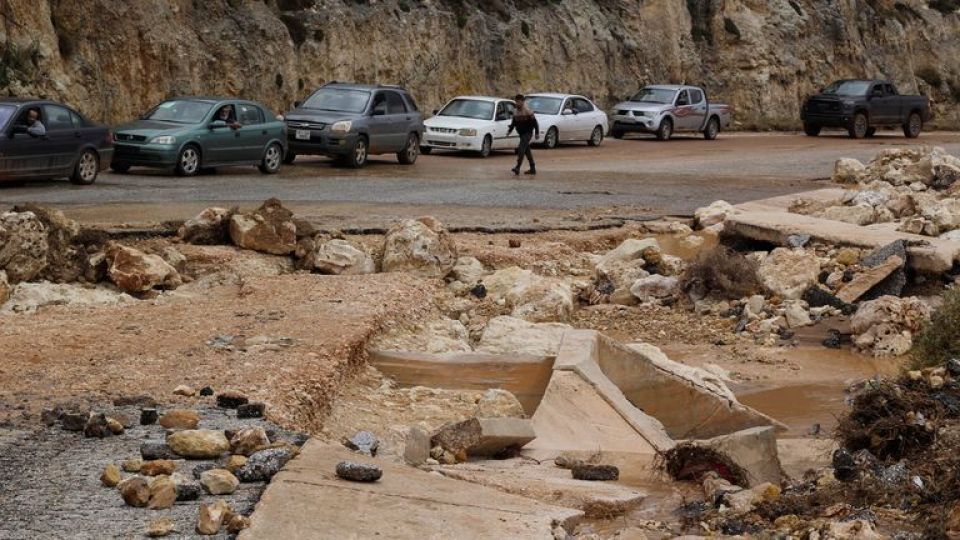from AHMED ZAYED in Tripoli, Libya
Libya Bureau
TRIPOLI, (CAJ News) – TWO weeks after Storm Daniel lashed Libya, areas affected by the catastrophe are battling a mental health disaster.
Many patients are still in shock, some showing signs of psychological trauma.
Doctors retold how some children are refusing to drink water for fear of drowning.
To the children, therefore, water is not a source of life but that of death.
Patients complain of flashbacks and being unable to sleep between 02h30 to 05h00. That was the precise time the deadly wave engulfed the city.
They may have survived the storm that left thousands dead but will be scarred for life.
Recent statistics put the death toll at 4 255, with Derna the epicentre. Some 8, 540 people are still missing.
“Almost everyone in the city is mourning and in pain at the moment,” lamented Michel Olivier Lacharité, Médecins Sans Frontières (MSF) head of the emergency response in Derna.
A fortnight after the floods, the retrieval of bodies under the rumble appears not a priority anymore, while some bodies are still being recovered at sea.
According to the search and rescue teams, the stream will continue to bring corpses in the coming weeks.
In that context, MSF has been putting all its efforts toward mental health activities, including individual consultations and focus groups in shelters, and in the two general healthcare centres that it is supporting.
It is planning to scale up its activities to offer mental health support.
Authorities are focusing on rebuilding a bridge between the eastern and western part of Derna, as the city has been literally split in two.
“Their main priority is to make sure that everyone who has been traumatised or lost everything due to the floods is now receiving mental health support,” Lacharité said.
The United Nations and its partners remain on the ground and continue to provide critical humanitarian assistance and support to affected people in Derna as well as Al Bayda, Benghazi, Shahat and Soussa.
“As families grapple with their losses and consider their future, humanitarian agencies have stepped up to help them meet their basic needs,” said Georgette Gagnon, UN Resident and Humanitarian Coordinator in Libya.
She spoke following her second visit to Derna since the floods.
“What people in Derna and surrounding areas have experienced is tragic beyond words,” Gagnon said.
She spoke how all the displaced families she met said they had one wish: for their lives to go back to normal.
“The outpouring of unity, solidarity and support shown by Libyans from all over the country gives me hope this will happen soon.”
Half of the 78 health facilities assessed in Derna and parts of Al-Jabar Al-Akhdar are either partially or totally non-functioning.
Many families displaced by the floods are staying with host families, while others are sheltering in schools as local authorities find solutions for their housing needs.
With the imminent start of the school year in eastern Libya, addressing the situation of displaced people staying in schools is an urgent priority.
UN agencies have appealed for US$71,4 million to meet the immediate needs of 250 000 affected people in the next three months.
– CAJ News

